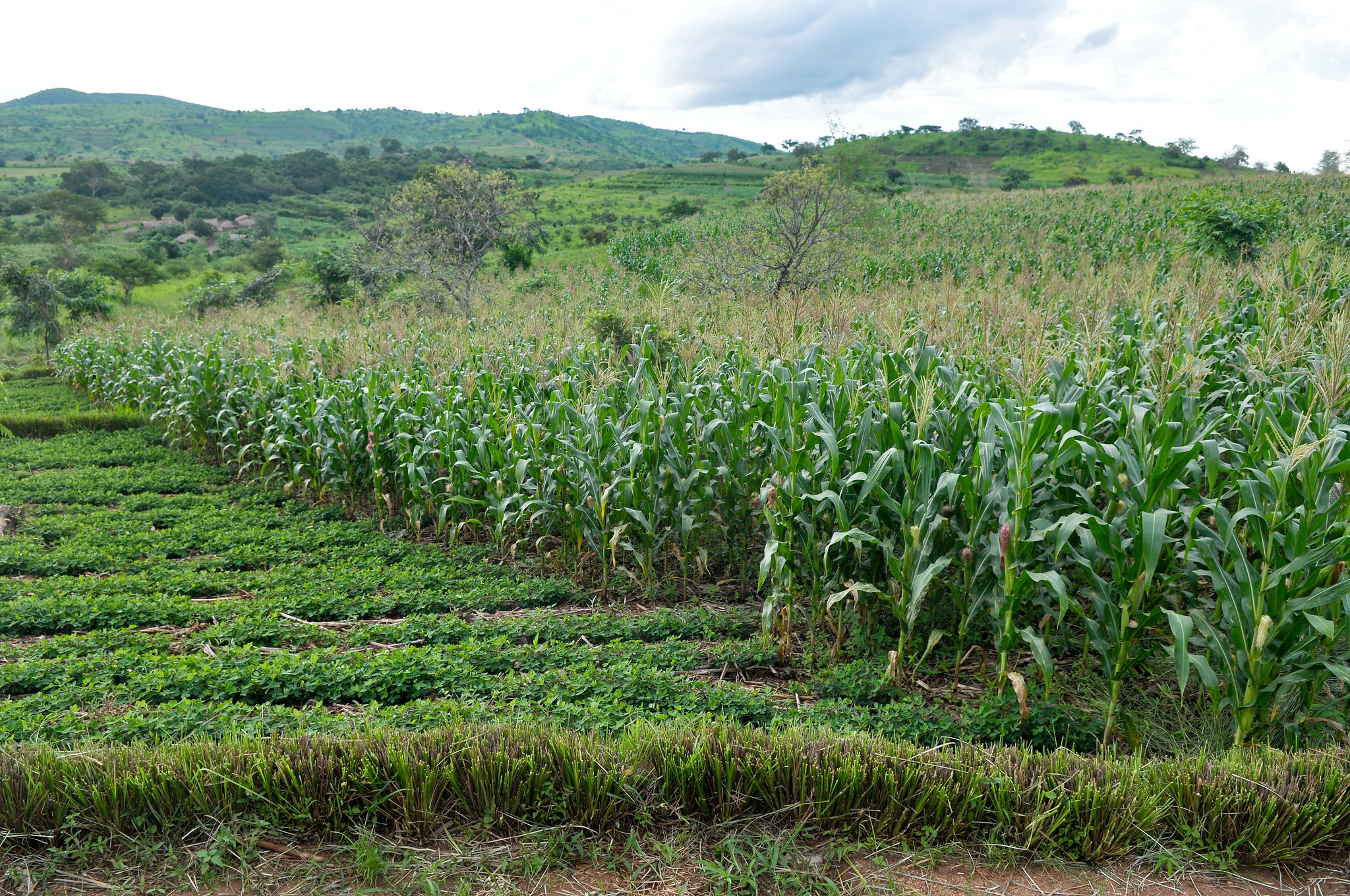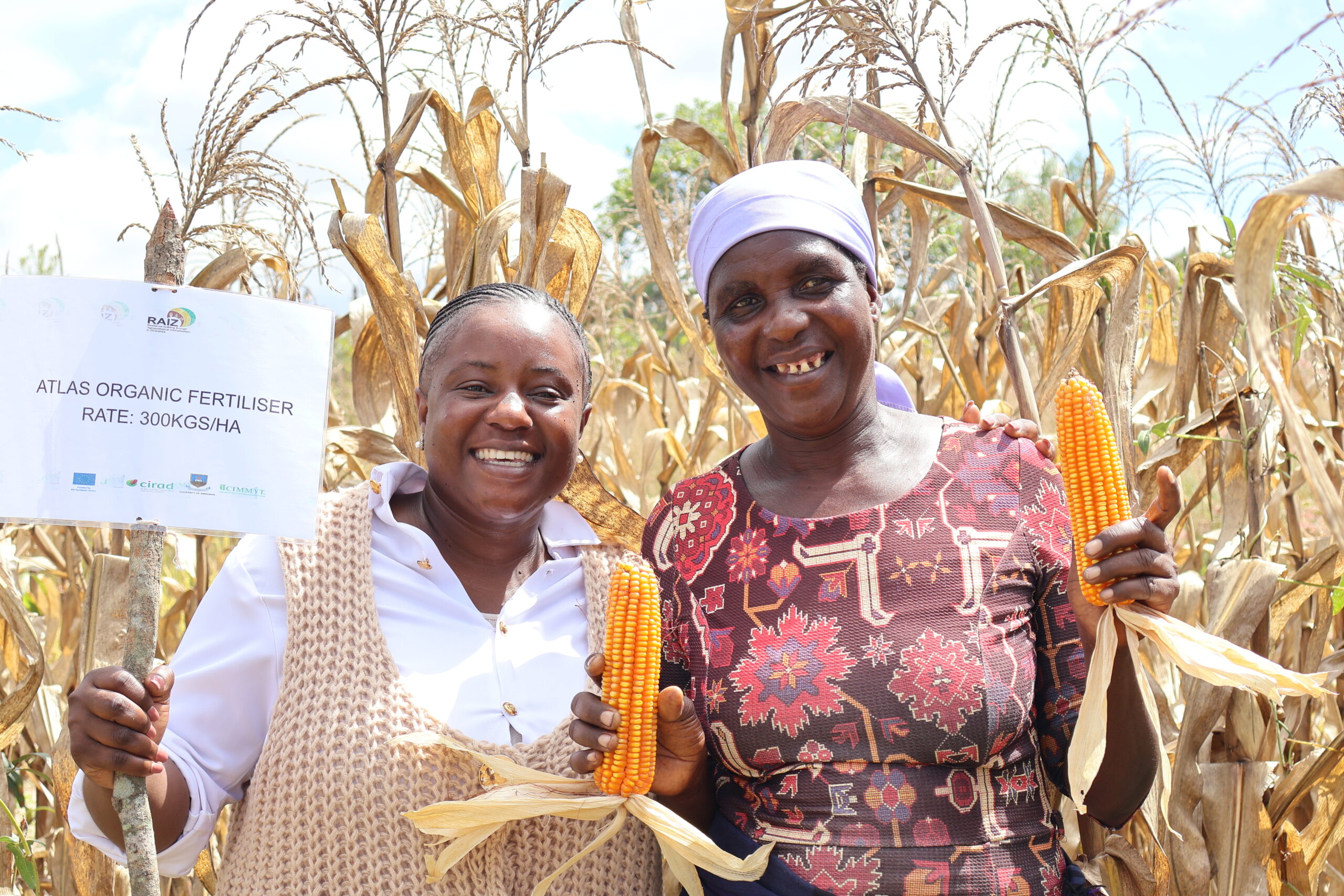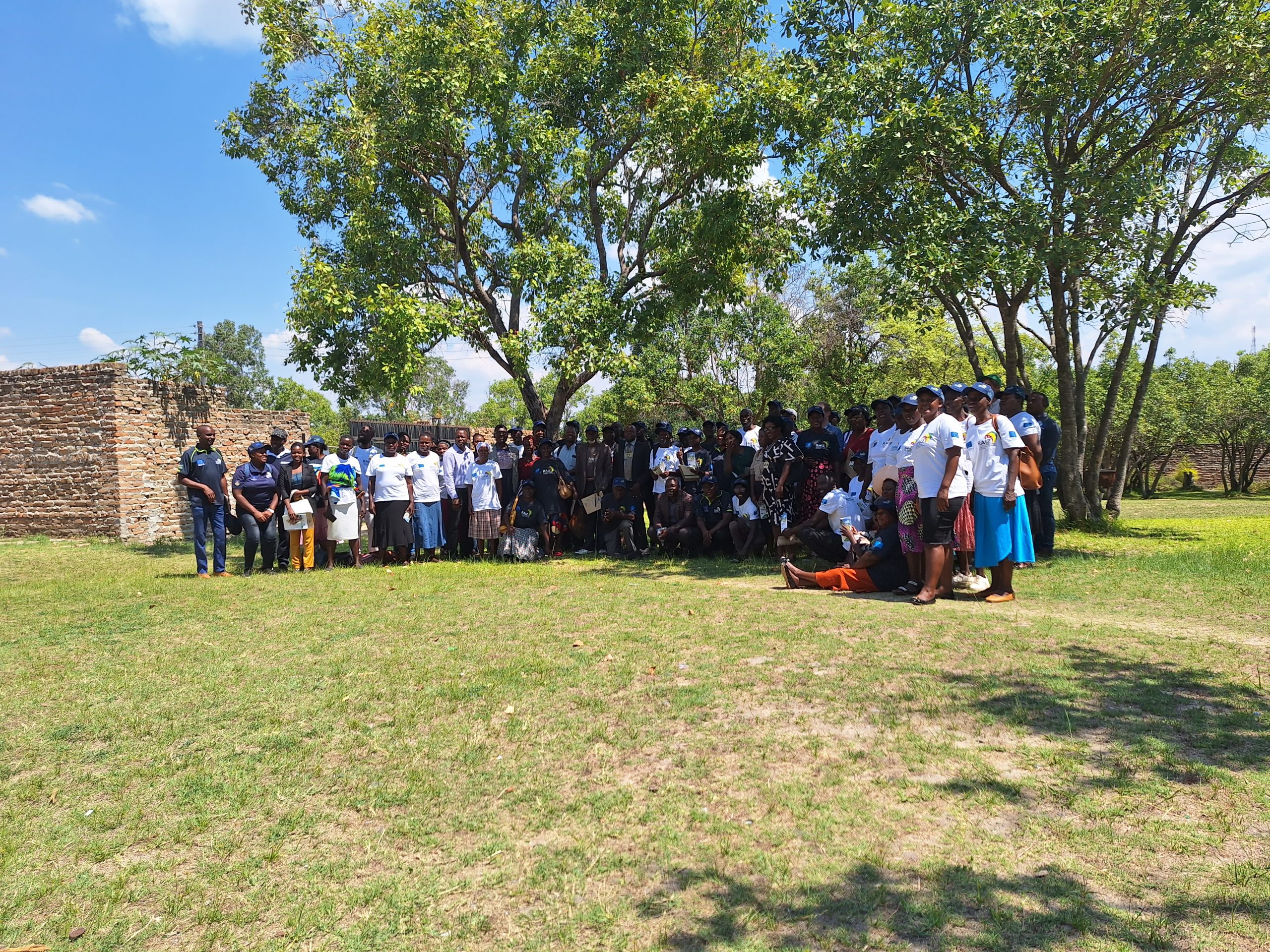Zimbabwe’s agricultural sector is predominantly subsistence-oriented, with maize as the main staple crop and limited use of external inputs. To promote sustainable and climate-smart agriculture, Zimbabwe has developed a 10-year framework (2018-2028) that emphasizes the adoption of climate-smart agriculture (CSA). However, the adoption of CSA practices remains limited in the country. Agroecological practices (AE) and the systemic perspective embedded in agroecological approaches hold great potential to address climate change and enhance agricultural sustainable intensification in Zimbabwe. RAIZ was conceived as the research component of the “Team Europe Initiative” (TEI) on “Climate-Smart Agriculture for Resilience Building”, formulated by the European Union (EU) delegation in Zimbabwe together with its member states.
Led by the French Agricultural Research Centre for International Development (CIRAD), in partnership with CIMMYT and the University of Zimbabwe, with funding from the European Union, RAIZ operates along a gradient of declining rainfall from Murewa in Natural Region II to Mutoko in Natural Region IV. Both districts are in the Mashonaland East province. Under RAIZ, CIMMYT leads Work Package 3 which involves ‘developing the capacity of extension and advisory services on agroecological approaches’ is actively involved in research and development activities, including the creation of training materials and the establishment of on-farm trials. In efforts to address challenges associated with low soil fertility on Zimbabwe’s granitic sandy soils. CIMMYT scientists working on RAIZ are testing the contribution of organic fertilizers and conservation agriculture in building up soil organic carbon and bringing back soil life to these mostly dead soils. These efforts aim to support farmers in adopting sustainable and climate-smart agricultural practices, ultimately contributing to the long-term resilience and prosperity of Zimbabwe’s agricultural sector.
Key objectives
The overall objective is to support government in the development and implementation of scientifically tested agroecological approaches which will enhance agricultural production and resilience to climate change in Zimbabwe.
In addition, the project focuses on protecting the environment and reducing greenhouse gas (GHG) emissions. It will provide scientific evidence and experience for the design of climate-smart agriculture (CSA) at the plot, farm, and landscape levels, contextualized for mixed crop–livestock farms under sub-humid to semi-arid environments.


 Climate adaptation and mitigation
Climate adaptation and mitigation 